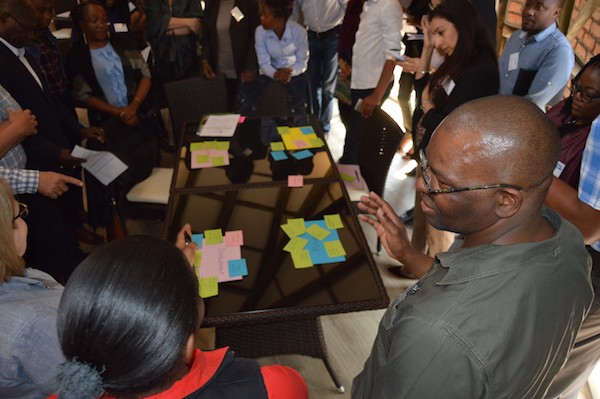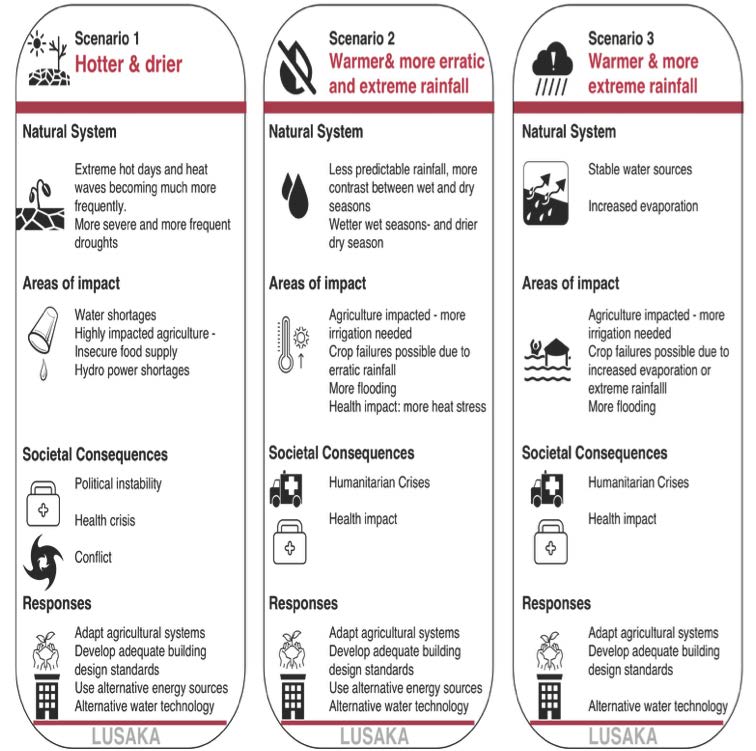Under the Future Resilience for African Citie and Lands (FRACTAL) project, six cities in Africa – Blantyre, Gaborone, Harare, Lusaka, Maputo and Windhoek – are exploring the use of narratives to facilitate knowledge sharing and engagement around climate change.
Developing narratives can be an effective approach to communicate complex science and drive engagement by scientists, practitioners and communities.
FRACTAL has used narratives to integrate knowledge at city level, such as information about policies and planning, or local terminology for climate phenomena. During the city learning processes, narratives were used by city stakeholders to spark conversation about the potential future of the cities, to provide context for discussing burning issues related to climate.

During a recent webinar, the FRACTAL teams shared their experiences and lessons learned, and discussed the way forward. One of the insights from the discussion is that narratives are very effective for integrating knowledge and sparking important conversations, but they proved less effective as communications tools.
Read the insights from the Climate narratives learning webinar
Read the blog post by FRACTAL’s coordinator, Alice McClure, “Growing climate knowledge through narratives of the future”
Read the news item on the grants administered by START supporting the narrative project in Blantyre, Gaborone and Harare, “Supporting the co-production of climate risk narratives in Africa”



